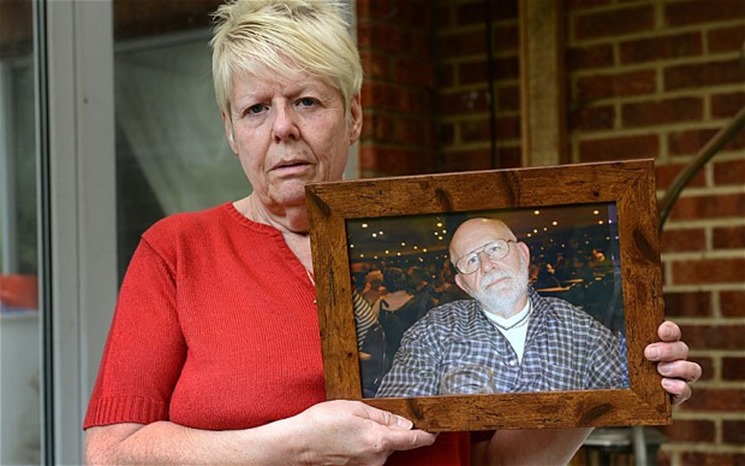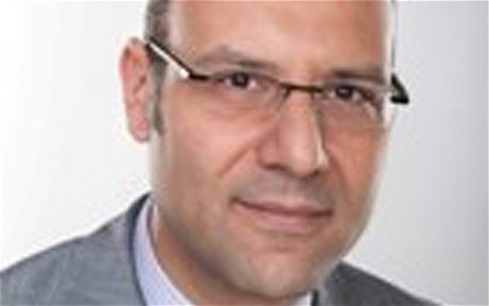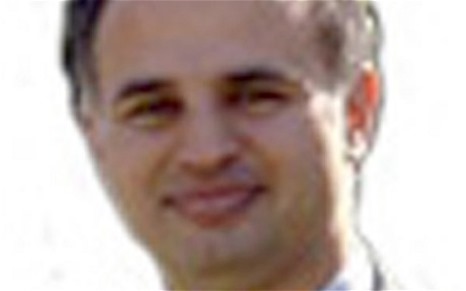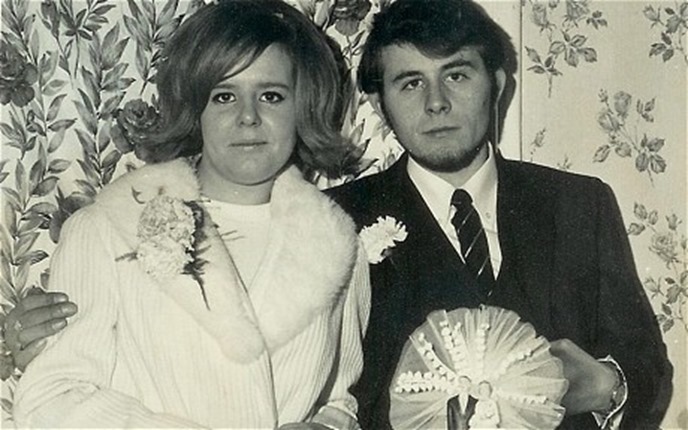Telegraph
May 7, 2014

Three NHS surgeons have been banned from using a keyhole technique to operate on cancer patients after the procedure led to at least five deaths, The Telegraph has learnt.
In the latest scandal to hit the health service, the three – who work for Maidstone and Tunbridge Wells NHS Trust in Kent – have been barred from performing keyhole surgery for upper gastrointestinal cancer (GI).
Five people who underwent the procedure are known to have died. Lawyers are also examining another 17 cases in which patients may have died or suffered complications as a result of botched operations by the three men.
However, despite the ban, all three surgeons are still being allowed to carry out a wide range of other surgical procedures at NHS hospitals run by the trust. They are also working privately.
No further disciplinary action has been taken against them by the trust itself, despite the fact that all three have been referred to the General Medical Council, which is now considering whether to investigate their fitness to practice.

There are fears that the three – Professor Amir Nisar, Haythem Ali and Ahmed Hamouda – may have been too enthusiastic about using the keyhole procedure as a way of boosting their own prestige.
One of the operations, which resulted in the death of a 51-year-old man, was broadcast live to a conference of consultants and surgeons who had paid £900 to attend.
Relatives of the patients involved have accused the hospital authorities of a cover-up and of failing to tell them the truth about why their loved ones died. They are now preparing to sue the trust for negligence.
Rosemary Coleman, whose husband Philip died after months of agony following a keyhole operation, told The Sunday Telegraph: “I can’t believe these surgeons are being allowed to carry out any work at the hospital, when there’s still so many questions hanging over the way they carried out this procedure.”

Another woman, the partner of the 51-year-old man – who died within half an hour of a second operation held to correct problems caused by the original GI procedure – said: “We still don’t know if it was the procedure itself that was wrong or if it was the surgeon’s technique that was at fault. We need a proper explanation so that this never happens again to anyone else.”
Maidstone and Tunbridge NHS Wells Trust referred itself to the Royal College of Surgeons (RCS) after a number of “unexpected” and “potentially avoidable” deaths following GI surgery in 2012 and 2013.
The college held an investigation and recommended the trust immediately stop all oesophageal and gastric resection operations until it had tackled its failings.
In particular it warned that the surgeons had “not been able to demonstrate sufficient attention to the detail of surgical outcomes or clinical decision-making to provide a safe service to patients” with regard to keyhole procedures.
However, the trust has still not released the full RCS report and related correspondence to the families, despite their pleas.

It means they still do not know exactly what went wrong with the operations, whether it was the procedure itself that was botched, or whether it should never have been used on those patients in the first place.
In the meantime, all GI work which would have been previously carried out by the trust has been transferred to St Thomas’ Hospital, in central London.
Sharom Lam, of Thomson, Snell & Passmore, which represents some of the families suing the trust, said: “The failings seem absolutely diabolical. We need to know the full details of what has gone on. By choosing not to release all the Royal College of Surgeon’s report, the hospital is concealing the nature of the poor clinical judgment and practice of these surgeons.
“The public is entitled to know not only the names of the surgeons who are condemned by RCS due to their poor clinical judgment, but also details of what they did that was causing such concerns.”

